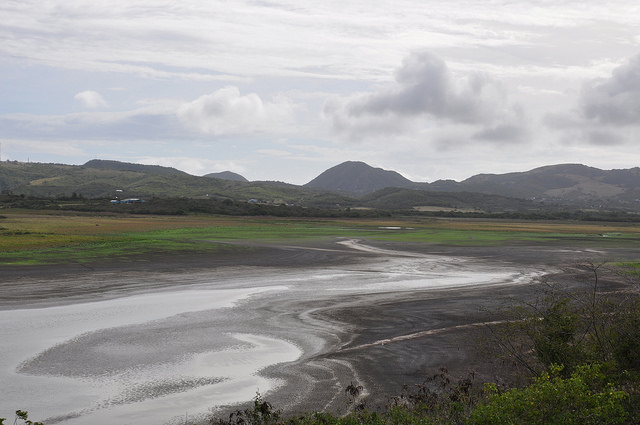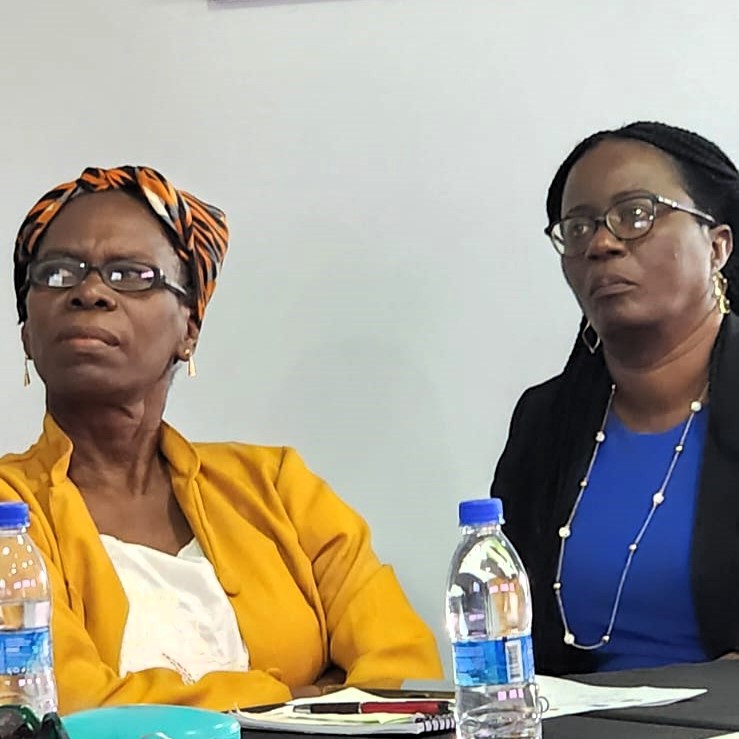The Barbados-based Caribbean Climate Outlook Forum (CariCOF) is warning that limited water availability will become a major concern for the region by February next year due to evolving long term drought in several Caribbean islands.
Its warning comes in the wake of a statement by the Caribbean Institute for Meteorology and Hydrology that, as the region enters the new dry season, rainfall is expected to decline with parts of the Caribbean already suffering drought conditions in recent months, feeling the effects from long term drought by the end of the dry season.
In its summary for the three month period ending February 2020, CariCOF said that the evolving long term drought is being felt in Barbados, Belize and Cayman Islands while other regional countries could be faced with “possible continued drought.
“Dry spells in the western half of the Caribbean, alongside evolving short term drought in the Bahamas, Cayman Islands, and western Cuba, may limit crop productivity and increases wildfire potential.
“Flash flood potential from extreme wet spells remains through December in Belize and the islands, and throughout the period in the coastal Guianas.
“Long term drought is evolving in Barbados, east and west-central Belize, Cayman Islands and is possible in Aruba, Bonaire and Curacao, most of Cuba, Dominican Republic, Guadeloupe, Haiti, Trinidad, St Lucia, Dominica and St Vincent and the Grenadines,” CariCOF added.
In its outlook for the period March to May 2020, CariCOF said indications are that the second half of the 2019-20 dry season may end up drier than usual across the northern part of the region.
“Region-wide, pockets of severe or worse long-term drought are likely to remain, and will likely be accompanied by frequent dry spells, resulting in growing concerns of water availability towards the end of May, of potentially reduced crop productivity and enhanced wildfire potential. Heat stress may rise faster than usual towards May, with the possibility of heatwaves, particularly in Belize and Trinidad,” it said.




